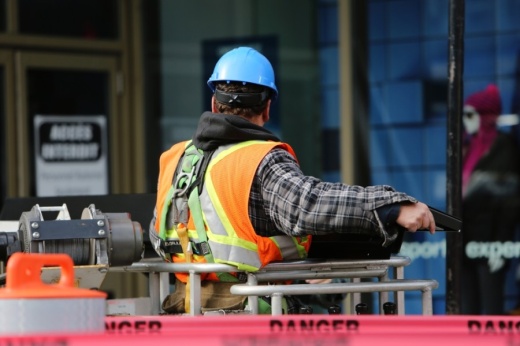The plan, outlined in a federal consent decree, includes 430 sewer system improvement projects and will be paid by an increase in water bill rates. The city of Houston was also required to pay a $4.4 million settlement to both the state of Texas and the federal government. An ongoing rate study will determine how much an individual water customer would pay to fund the effort, according to a press release from the city.
Houston Public Works Director Carol Haddock told Houston City Council members in 2019, however, that water bill rates would increase by less than 1%. Total bills will likely not surpass 2% of the median area family income, a standard the EPA defines as affordable, Haddock said.
"Houston Public Works is excited to build on our previous $3 billion investment over the last three decades. We will invest an additional $2 billion to improve one of the largest and most complex wastewater systems in the nation," Haddock said in the news release. "This investment will focus efforts using asset management approaches, address historic inequities, and embrace innovation and technology toward a resilient and sustainable system that can perform day to day, but also withstand and adapt for changing extremes, from hurricanes to floods to droughts to freezes."
As city officials work to implement the sewer system upgrades, representatives of clean water advocacy group Bayou City Waterkeeper, a plaintiff in the lawsuit, say it does not go far enough to protect the city’s most vulnerable residents. The decree, negotiated between local, state and federal officials, states that the city of Houston is obligated to resolve wastewater overflow issues on public property but not private, residential properties.
“This consent decree represents an important first step to giving Houston residents a real solution to the sewage problems we see and smell after every major rain,” said Kristen Schlemmer, Bayou City Waterkeeper's legal director. “But it falls short in one key respect: It does nothing to help our low-income neighbors fix problems that lead to sewage backing up into their homes, pooling in the yards where their children play, and dirtying our local bayous and creeks.”
Schlemmer said that Bayou City Waterkeeper was pushing officials to write a requirement into the consent decree that they would allocate the city's settlement with the state and federal government toward a residential repair fund for low-income homeowners.
“It’s really frustrating and unjust that this money will not be used in that way,” she said. “It will instead go to the general treasury and the state of Texas general revenue fund to be spent on all kinds of things that don’t necessarily relate to the city of Houston or wastewater environmental issues.”
Houston Public Works officials said that although the sewage improvement plan does not apply to overflows on residential properties, it does target issues on public property in low-income communities first.
“Houston Public Works is putting great effort into education & outreach to change behavior and prevent sanitary sewer overflows from occurring to begin with. The City of Houston cannot be responsible for damages to private properties,” a Houston Public Works representative wrote in a statement to Community Impact Newspaper.





